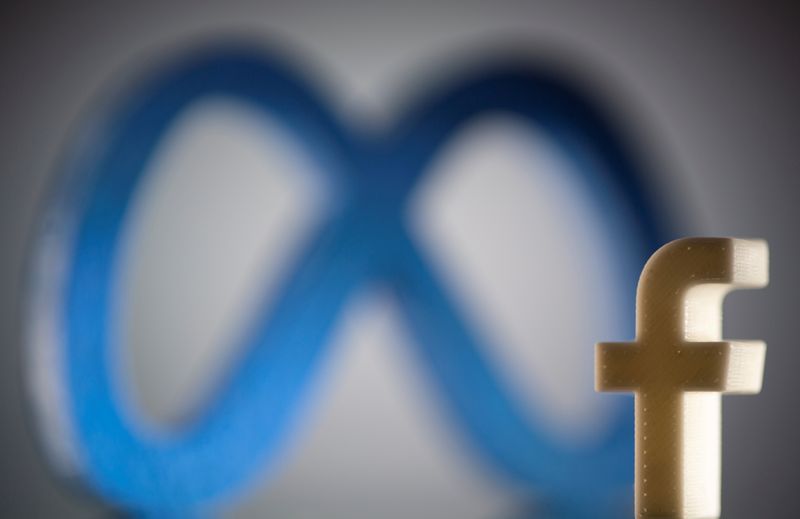Brazilian Institute Demands $525 Million from Social Media Companies
In a significant legal move, the Brazilian Institute for Collective Defense has filed lawsuits totaling 3 billion reais (approximately $525.27 million) against the Brazilian branches of TikTok, Kwai, and Meta Platforms (NASDAQ:META), the parent company of Facebook, Instagram, and WhatsApp. The Institute claims that these companies have not taken sufficient measures to prevent excessive use of their platforms by children.
The lawsuits, filed in the state of Minas Gerais, seek to compel the courts to force these companies to establish transparent data protection systems and to issue warnings about the potential harms to the mental health of children and youth due to the addictive nature of these platforms. The lawsuits are based on a series of studies examining the negative effects of unregulated social media usage among young users.
Lillian Salgado, an attorney involved in the case, emphasized the urgency of the situation, stating, "Immediate measures are needed to change how the algorithm works, how data of users under 18 is processed, and how teenagers aged 13 and above are monitored and how their accounts are created. This is necessary to provide a safer and healthier experience, as is already the case in developed countries."
In response, Meta Platforms highlighted its ongoing efforts to protect young users, stating that it has developed over 50 tools, resources, and features aimed at helping youth and their parents for more than a decade. The company also announced that it will soon launch a new "Youth Account" designed to restrict the visibility of young people's accounts on Instagram and manage who can communicate with them.
As of today, TikTok has stated that it has not been informed about the lawsuit, while Kwai has yet to respond to requests for comments on the matter. The lawsuits reflect a growing concern over social media regulation in Brazil, a topic that gained attention following a recent dispute between a Brazilian Supreme Court judge and Elon Musk, the owner of X, which resulted in significant penalties for the company.


